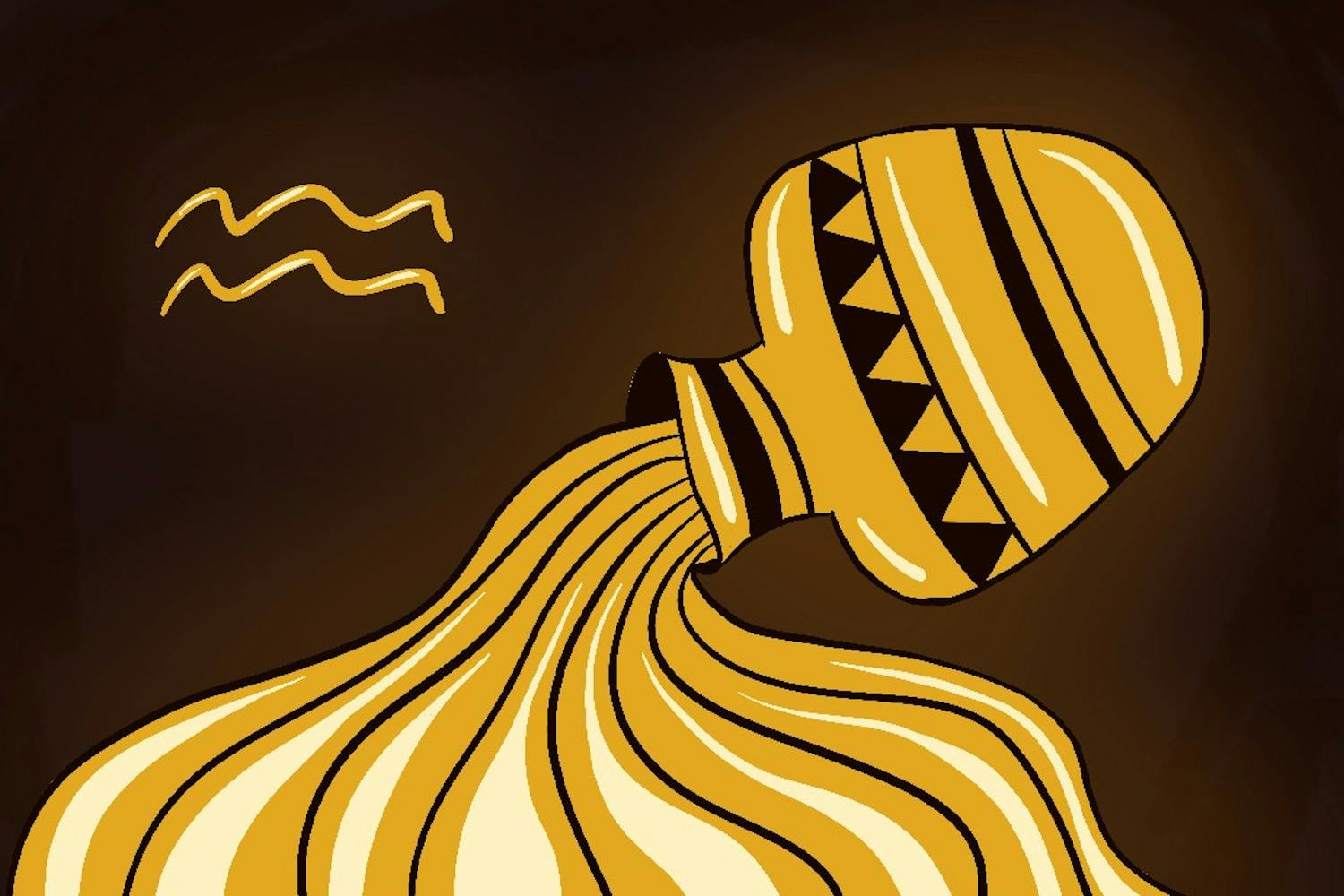In writer/director Spike Jonze's funny and oddly touching "Her," the future is a comfortable place that smothers its citizens in its warmth. Everybody has what they want but nobody has what they need; the protagonist Theodore Twombly (Joaquin Phoenix) walks alone in the crowded streets of a Chinese-flavored Los Angeles, consumed by the technology of a post-smartphone world.
In place of human codependency is OS1, a sentient computer operating system with the full capability of independent thought and expression that can befriend or even fall in love with the humans who own the devices they reside within.
If the concept of "Her" sounds absurd, it really shouldn't. Like Jonze's other films ("Being John Malkovich," "Where the Wild Things Are"), the primary surreal element that drives the story, in this case a man dating his computer, is a metaphor for a very real, increasingly normal phenomenon.
What makes "Her" such an effective love story is its depiction of a future that not only seems possible, but inevitable. As the film explores the often hilarious and sometimes creepy ramifications of the relationship between Theodore and Samantha (impeccably voiced by Scarlett Johansson), it immediately becomes clear what this story is about. This is not about where we are headed, but where we are now.
With the rapid growth of the Internet and social networking, the millennial generation is the first to have grown up with the ability to foster relationships with people they have never met, let alone seen. Everyone from the age of 18 to 80 is aware of online dating and has generally accepted it as a normal way to meet people for the prospect of a casual hookup, marriage or anything in between.
"Her" is an exploration of what it is like to be an emotional pioneer, attempting to fill the evolved need to not be alone with the artificial redefinition of what it means to be together. Despite these themes being ubiquitous in modern life, filmmakers have barely skimmed their surface, and never this delicately.
Jonze's commentary on the human condition is strengthened immensely by Joaquin Phoenix's lead performance, which is refreshingly naturalistic despite his tendency to be very theatrical in other roles. Supporting performances by Amy Adams, Rooney Mara, Olivia Wilde and Chris Pratt sufficiently develop the humanity of the outside world as Jonze and his creative team do the heavy lifting creating the film's insular reality.
The two worlds that "Her" immerses us in beg us to ask ourselves where love belongs. Must love be presentable in public, or can it exist solely within the realm of privacy, where its participants do not necessarily have to be physically present or a physical entity at all?
The takeaway from the film is present from the very beginning when the film's gender specific title is handwritten in Samantha's penmanship, a programmed affectation. "Her" is a film that is not afraid to cross boundaries, as it fundamentally believes love does not have them.
"Her" is showing at Harkins Theatres Tempe Marketplace 16, Harkins Theatres Arizona Mills 25 w/ IMAX and Cinemark Mesa 16.
Reach the reporter at zheltzel@asu.edu or follow on Twitter @zachheltzel



